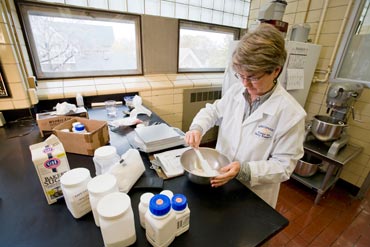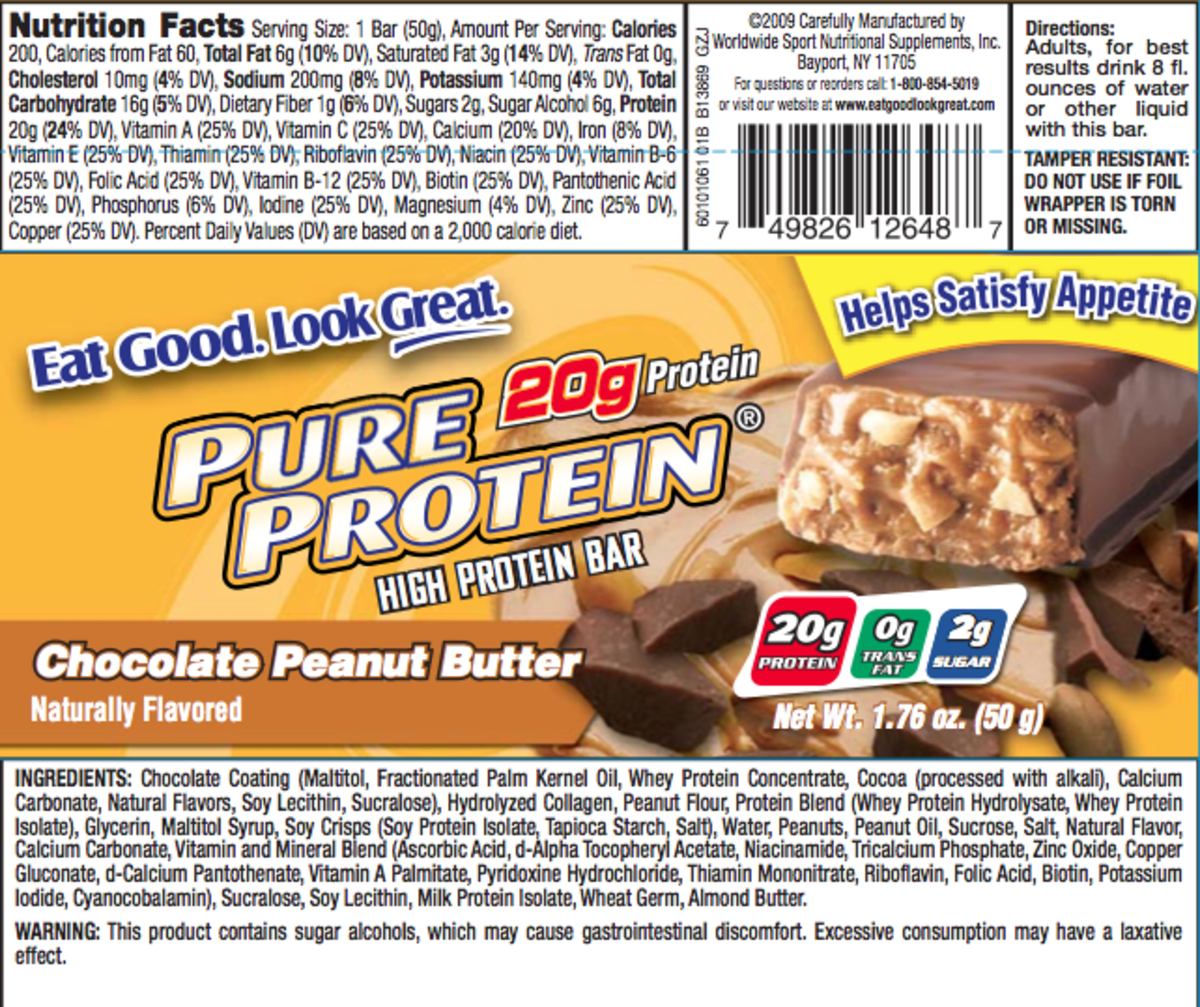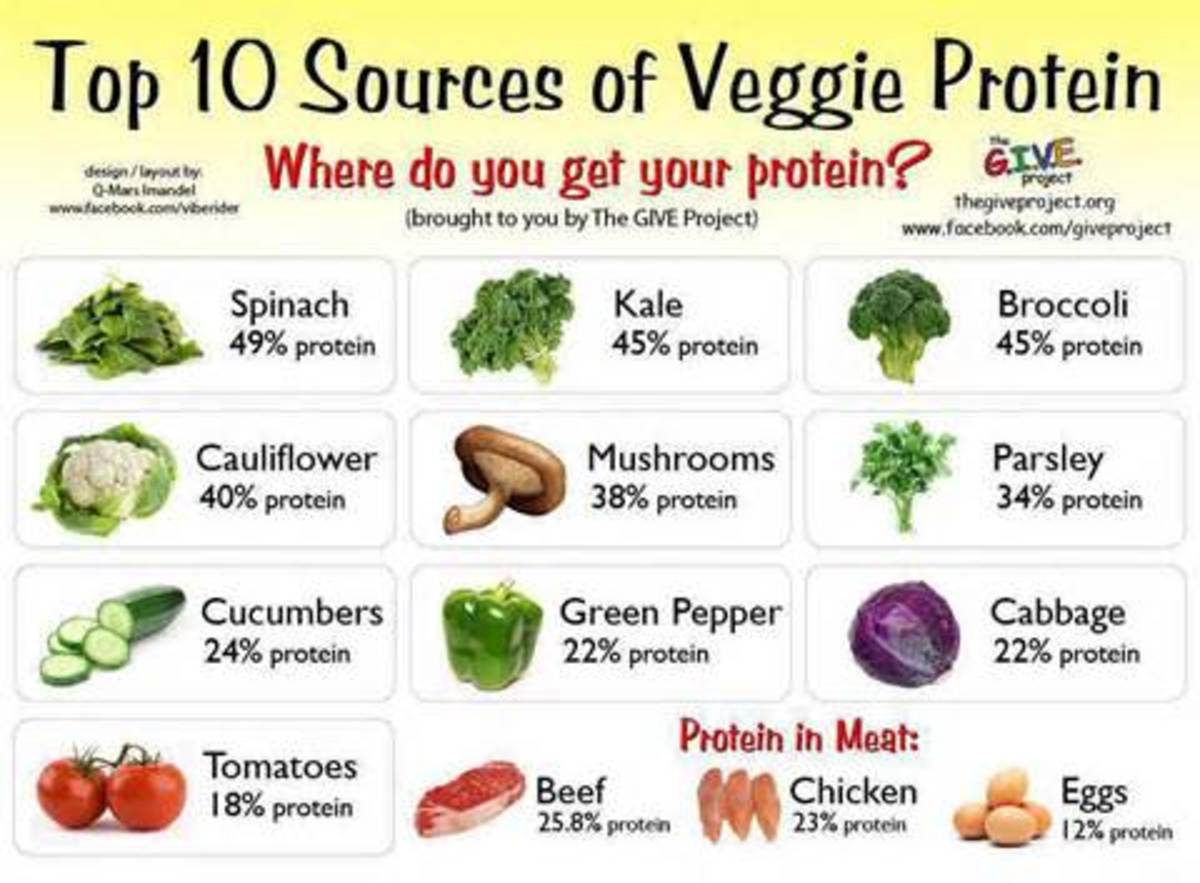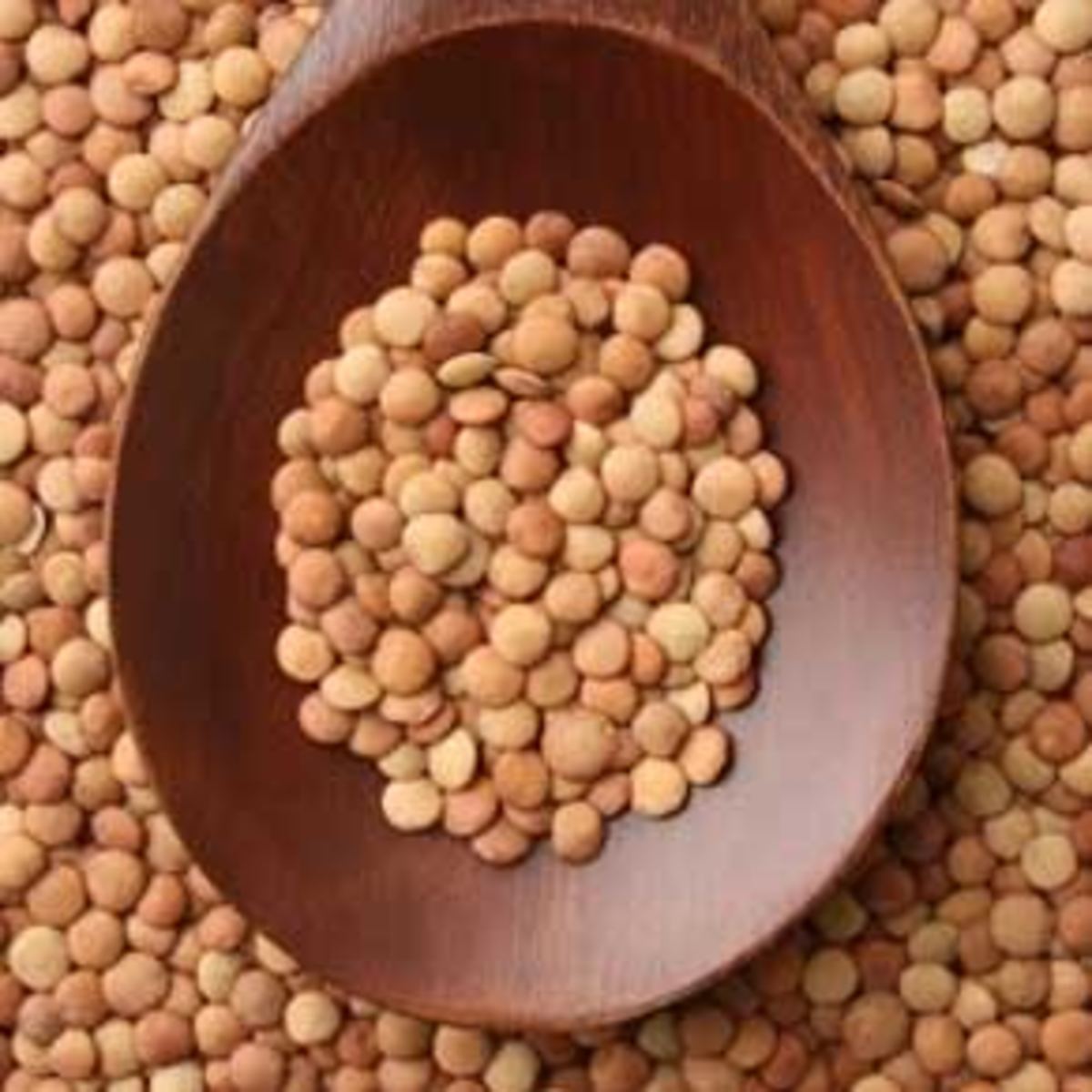Whey Protein Isolate - Part 4 - Research Proven Benefits
<< Part 3 - Why Should You Take It? <<
Now that we’ve gone over some good reasons as to why you should take whey protein isolate, we should probably see if I know what I’m talking about.
I don’t want you to believe me or anyone else if they can’t back up what they say about certain supplements with some scientific research.
So let’s take a look at a few studies involving whey protein isolate and see what the results were.
Research Proven Benefits
Study #1
This was an odd study in that the participants only exercised with one leg, so that they could compare their “resting” leg to the leg that they exercised.
8 healthy, trained, young men (around the age of 21) participated in this study to see if whey protein actually stimulates muscle protein synthesis (builds muscle).

It was a double-blind, randomized crossover trial where they performed 4 sets of 8 to 10 repetitions at 80% of their maximal effort for two unilateral exercises: knee extensions and leg presses.
After their workouts they would consume either:
- A drink with 10 grams of isoenergetic Whey Protein and 21 grams of Fructose (a sugar commonly found in fruits) in it
Or
- A drink with 21 grams of Fructose and 10 grams of Maltodextrin (a starch sugar used as a food additive)
They would then be tested to see if there was muscle protein synthesis in either of their legs.
The tested showed that, of course, there was a lot more protein synthesis in the leg that was actually exercised when compared to the resting leg, no matter what they drank.
BUT, the rate of muscle protein synthesis was greater in those that drank the drink that contained the small amount of whey protein!
So this study proves that consuming even small amounts of whey protein supplements will actually boost your muscle building efforts.
Study #2
28 sedentary males participated in this study to see if whey protein can help speed up recovery time after working out.
It was a double-blind, randomized parallel trial where they performed 100 maximal effort eccentric (lengthening of muscle) quadriceps (front of thigh) repetitions.
After their workouts they would consume either 250 ml of:
- Flavored Water
Or
- Flavored Water containing 25 grams of Whey Protein Isolate
Or
- Flavored Water containing 25 grams of Whey Protein Hydrolysate
They tested the following before and after they performed the exercise and consumed their post workout drinks:
- Muscle Soreness
- Serum Creatine Kinase Activity (higher levels in blood would indicate muscle damage)
- Plasma TNF Alpha (higher levels in blood would indicate inflammation)
- Peak Isometric Torque (strength of a knee extension, I assume)
The tests were repeated 1 hour, 2 hours, 6 hours and 24 hours after they had exercised and consumed their drink.
The subjects peak isometric torque decreased by about 23% after they performed the 100 repetitions of their exercise. Their strength stayed suppressed if they had drank either the flavored water or the flavored water with whey protein isolate in it.
BUT, if they had consumed the Whey Protein Hydrolysate drink, their peak isometric torque was right back where it was before, 6 hours later; they completely recovered!
So if you can afford whey protein hydrolysate supplements, then you’re going to recover a lot faster after your workouts!
Study #3
13 male, recreational bodybuilders took part in this 10 week study to examine the differences in strength, body composition and plasma glutamine levels (low levels indicate exercise stress) after consuming either hydrolyzed whey protein isolate or casein protein (another milk protein).
It was a double-blind study where the participants performed a supervised resistance training program for the 10 weeks while eating their normal diet.
They would supplement their diet daily with 1.5 grams per kilogram of bodyweight of either hydrolyzed whey protein isolate or casein protein.
They tested their strength by looking at their 1 rep max (the most weight they can lift once) in 3 exercises:
- Barbell Bench Press
- Squat
- Cable Pull-Down
Their body composition (how much fat, muscle and so on) was assessed after DEXA scans (a type of X-ray).
All the tests were performed a week before they started training and a week after they had finished the 10 weeks of training.
What did they find?
The group that had supplemented with whey protein had a “significantly greater gain” in muscle compared to the casein group.
And by significant they’re talking about an average gain of about 5 kilograms of muscle after 10 weeks of whey protein supplementation compared to an average gain of only .8 kilograms with casein protein.
That’s a huge difference!
They also saw a great difference in the amount of fat lost over the 10 weeks of training. The whey protein group lost on average 1.5 kilograms of fat while the casein protein group actually gained .2 kilograms of fat on average!
The strength gains were higher with the whey protein group too.
So if you’re stuck on deciding between whey protein and casein protein, it’s obvious you should go with whey! Unless of course you’re ok with slow muscle gain and getting a little fatter.
So the proof is in the whey pudding; whey protein can help you build muscle, recover faster and actually lose some fat!
Whey protein is a better choice to consume after a workout than a sugary drink. I’m talking to you Gatorade drinkers!
You could be back to full strength 6 hours after your workout if you supplement with whey protein. Of course, you might have to pitch in a little more money to get whey protein hydrolysate to see these results.
And you’re going to see a lot more muscle gains and fat loss with whey protein than you would with casein protein.
Now that we’ve seen all the good things attributed to whey protein, let’s take a look at the dark side of things and see if there are any side effects or cons to supplementing with it.











